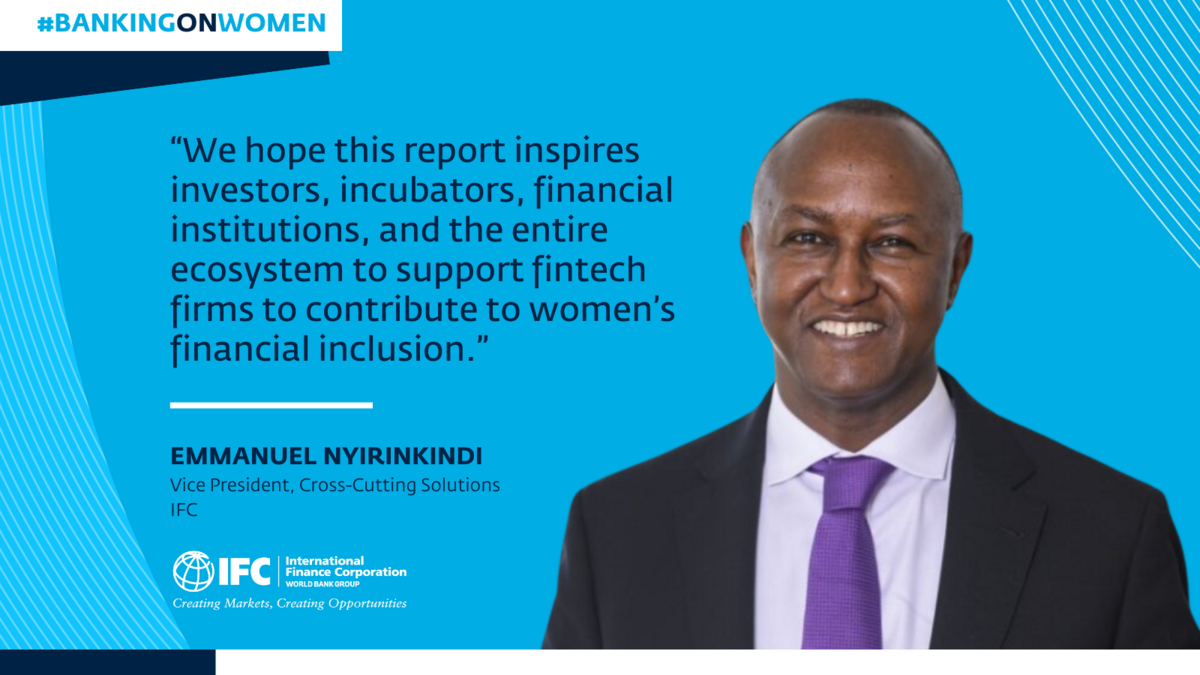Looking to make a sound investment? Perhaps your advisor should be a woman. Studies show that women have a different approach to investing than men and, thanks to biology and psychology, they?re often more successful.
A woman?s lack of testosterone can make her a more disciplined investor, says LouAnn Lofton, author of Warren Buffett Invests Like a Girl--And Why You Should, Too. ?Testosterone can help traders take risks and move fast, making loads of money in the meantime,? she writes in her book. ?But too much testosterone for too long can encourage too much risk taking. ? The way women tend to approach investing is healthier and calmer, and it?s the way we should all approach investing.?
This doesn?t just apply to choosing stocks. In 2013, women represented 19.4% of the angel investors, up from 12.2% in 2011, according to the Center for Venture Research at the University of New Hampshire. As more women move into angel investing, more funding opportunities will become available for startups--especially those led by women entrepreneurs--and the traits that make a successful angel investor often come natural to women.
In its 2007 report ?Returns to Angel Investors in Groups,? the Kauffman Foundation found that angel investors who make good returns have four things in common:
While several angels stick to a particular sector, Kelly Keenan Trumpbour, founder of See Jane Invest, a website that educates women who are interested in investing in entrepreneurs, takes a slightly different approach: ?Women often look for ways to support other women in business,? she says. ?I don?t necessarily stick to an industry. I look for women entrepreneurs who are doing cool, disruptive things. It?s the business that makes me say, ?If you don?t exist, I?m bummed. I want to help you get going.??
One of the businesses in Trumpbour?s portfolio is the education technology company Allovue. ?The mission spoke to me and I wanted to bet on the founder, Jess Gartner,? says Trumpbour, who was the second woman admitted to the Baltimore Angels, a Maryland-based investing group. ?She?s meeting a need and coming into a system that has problems.?
Trumpbour says women have an advantage when it comes to choosing companies that have a good chance of success: ?Women make 70% to 80% of household buying decisions,? she says. ?We?ve been subjected to marketing since we were young. That means we?ve developed a filter or litmus test about what?s a valuable idea.?
The most successful angels usually belong to angel groups where they sharing information and expertise, says Kiki Tidwell, a former member of the Northwest Energy Angels in Seattle.
?Women are hardwired to be team members,? says Tidwell. ?Women, in general, have little problem admitting that they do not know something and asking for advice. They are also more than willing to share lessons learned, while as men may be oriented more to keeping their cards close to their chest in the fear of giving away some competitive advantage.?
Women also have a ?we?re all in this together? mindset, says Tidwell: ?A startup company may benefit from this female win-win orientation in contrast to a situation where investors? interests are pitted against entrepreneurs,? she says.
While Trumpbour likes to listen to her gut, she notes that it can be a disservice if you don?t understand nuts and bolts of the company. Good angels take their time before investing in a company. They spend time with the entrepreneur, research the sector, and pay attention to red flags.
?I think some of the elements in due diligence may come easier to women,? adds Tidwell. ?Brain research shows that women are hardwired to read people better. If the information an entrepreneur is saying doesn?t match their body language, for example, we often pick up on that. Successful angels--men and women--have those people-reading skills.?
Tidwell focuses on clean energy companies, a niche she started researching in 2003 while she was investing in real estate in Idaho: ?I realized what a huge change this was going to be and what a huge market opportunity it presented,? she says. ?I was interested in clean tech because of the tax credits. I?m also a philanthropist. I saw how communities could build [clean tech] industries and fund their own schools and their own social needs.?
Women also take their time before deciding to invest. A 2008 study from the University of California, Santa Barbara, found that men who feel they are being observed and judged by their peers--other men--tend to make riskier choices in order to assert their dominance. Women, on the other hand, didn?t have this reaction, and tend to bring more consistent decision-making patterns to all situations.
Men tend to invest in companies within sectors where they have expertise, but Trumpbour says sometimes this can get in the way.
?To their credit, men often approach investing from a place where they believe they know better than the entrepreneur,? she says. ?Women look at










